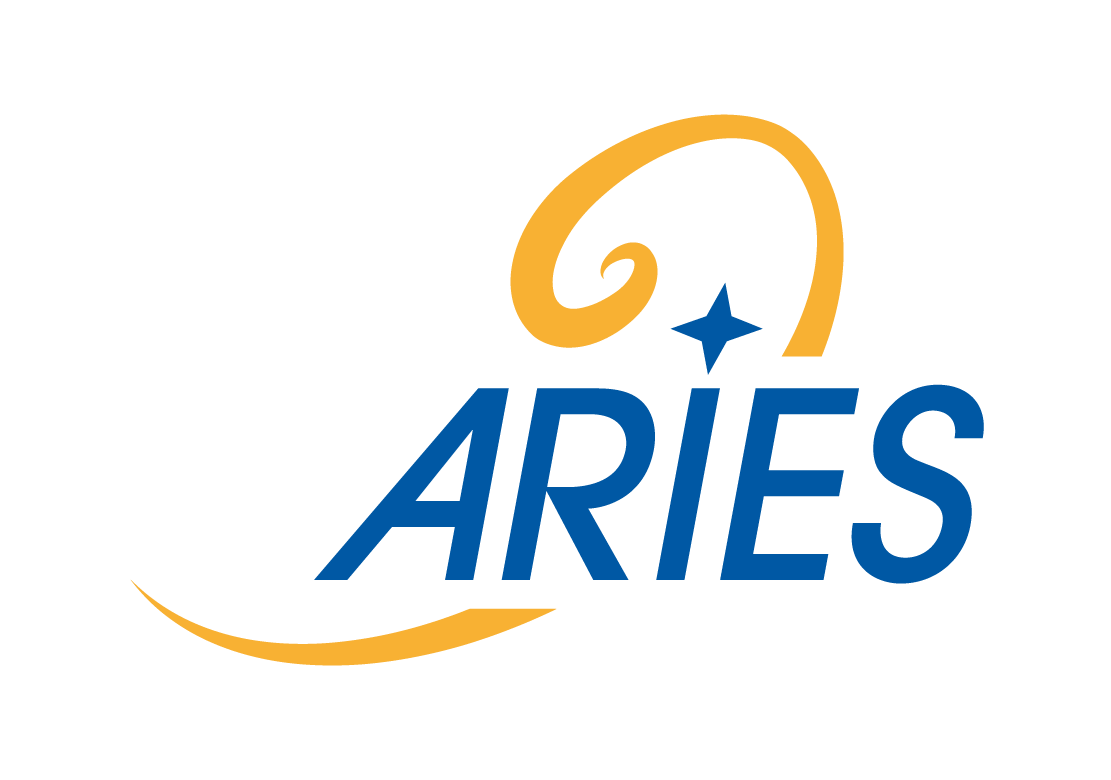STRONG-2020
|
STRONG-2020: The strong interactions at the frontier of knowledge - fundamental research and applications The strong interaction is one of the cornerstones of the Standard Model (SM) of particle physics, and its experimental and theoretical study attracts an active community of about 2500 researchers in Europe. The list of fundamental open questions at the frontier of our current knowledge in the strong interaction is very rich and varied including a full understanding of (i) the partonic structure of hadrons, (ii) exotic hadronic states, properties of (iii) dense quark matter and of (iv) hot and dense quark-gluon plasma, as well as (v) precision tests of the SM. The STRONG-2020 project brings together many of the leading research groups and infrastructures involved today in the study of the strong interaction in Europe, and also exploits the innovation potential in applied research through the development of detector systems with applications beyond fundamental physics, e.g. for medical imaging and information technology. More information about the Transnational Access to CERN in the framework of the STRONG-2020 project can be found here.
|
Coordinator: CNRS, France Scientist in Charge from CERN: Full costs of the project: 10 M€ EU funding: 10 M€ EU funding for CERN: 200 k€ 1 June 2019 - 31 May 2023
|


